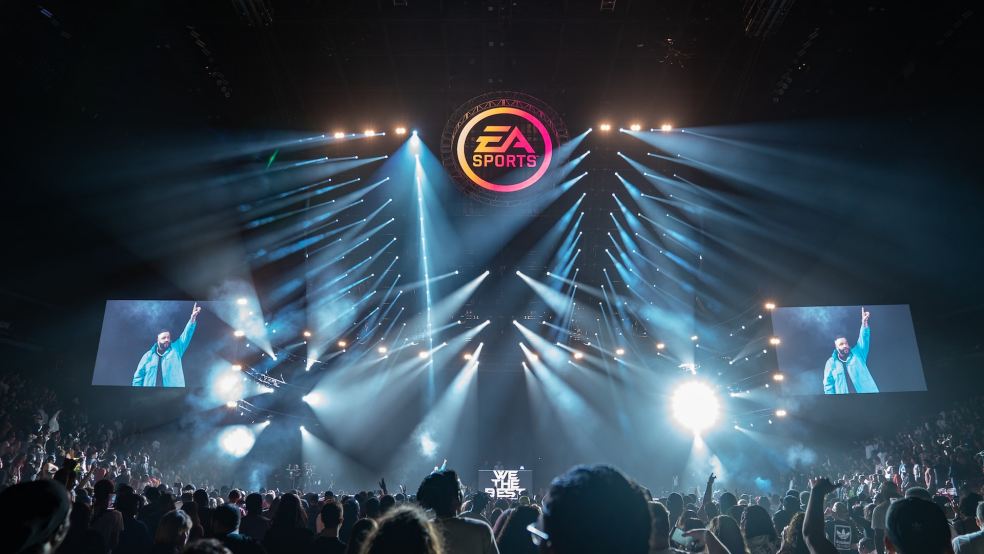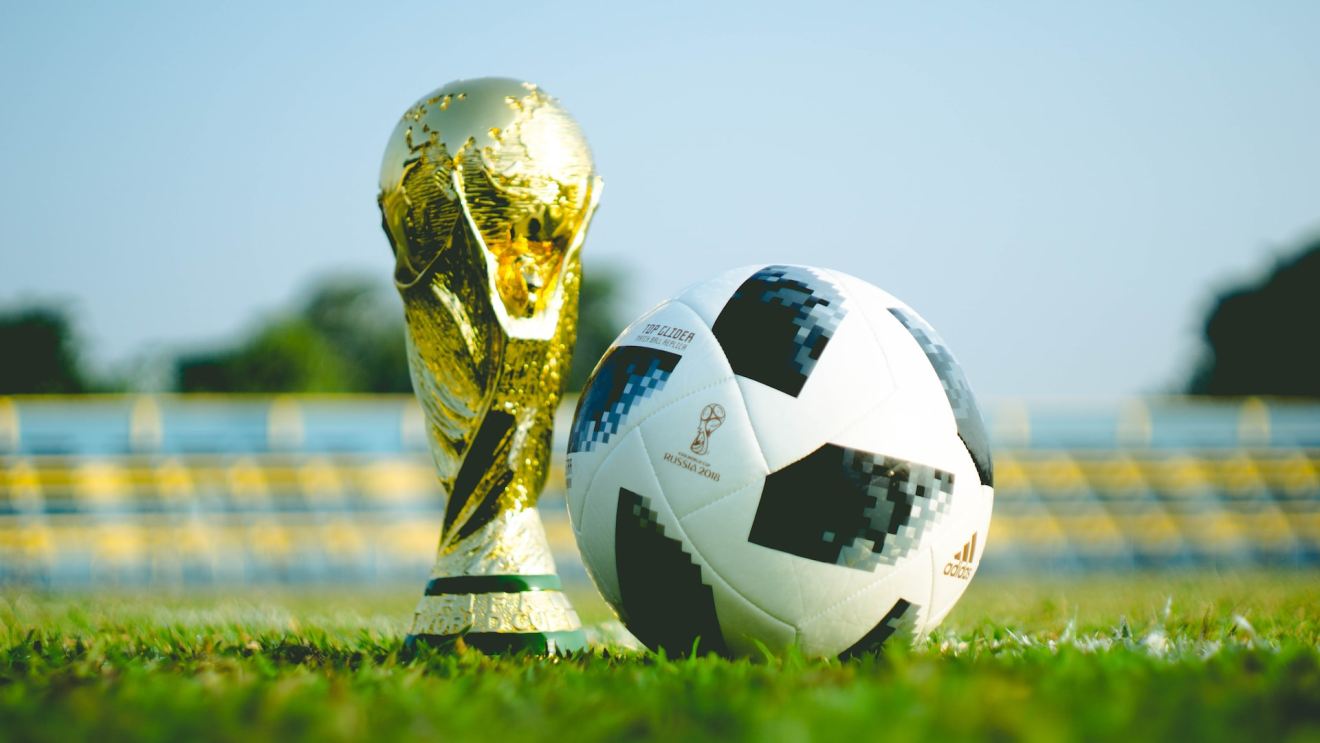
Will FIFA be able to break into the leaders of world esports?
Now esports is a very hot and popular topic with a lot of new fans and a growing interest. Therefore, it is not surprising that followers of traditional sports are increasingly involved in the development of esports. FIFA (a game from EA Sports) is a great way to attract new fans to esports, although for many esports fans, FIFA looks more like a virtual representation of what is happening on the field in reality than a full-fledged esports. Nevertheless, FIFA has continued to gain momentum over the past 12 months. This gave rise to a lot of discussions about whether the game from EA Sports will be able to break into the top three leaders of world esports (now it's League of Legends, Dota 2, and CS:GO). The question is, what are the chances of this, and what do the authors of FIFA need to do to achieve this?
Almost every football fan has played this game. In the past, you had to play for days and weeks to get your dream team. Today, everything is much simpler, since players can turn to boosting game services, for example, to purchase FIFA coins. This is a safe way to get coins, collect the best players, and compete with others at a high level. Coins will give you not only better players but also improved training programs for your club. You can feel like a real e-sportsman. However, before buying, it is better to make sure that you are placing an order with a reliable company.
Expansion of the FIFA competitive sphere
EA Sports released the first FIFA International Soccer football simulator in 1993, and two years later FIFA 95 was released. Since then, the company has been releasing a new series of games every year. For 26 years, FIFA games have been released on more than 10 different consoles and in different series – FIFA Street, FIFA World Cup, and FIFA Mobile.
Now EA Sports is a little less concerned about adding new products to the existing FIFA brand and is more interested in developing partnerships and building a competitive scene. 260 million players are playing FIFA around the world, so the emergence of an esports framework could have been expected much earlier – but we are only now starting to see a competition system and spectator activity on Twitch. The most striking example of turning FIFA competitions into "proper" esports was the FIFA Global Series, which is associated with the FIFA eWorld Cup World Cup and regional competitions such as the ePremier League, which started in January 2019. The last FIFA eWorld Cup was held in London and within three days it collected almost 30 million views on various online platforms. The main thing that distinguishes FIFA from other esports disciplines is the attitude of traditional media. FIFA competitions are shown not only on Twitch, Facebook, and YouTube, but also on TV channels (for example, the two largest UK sports networks Sky Sports and BT Sports own the rights to broadcast the eWorld Cup and ePL, and Sky Sports regularly show these tournaments in the USA). Although other esports games are also broadcast on these channels. There is a special interest in FIFA, which can be crucial in the development of a discipline with 26 years of experience, even though EA Sports announced in May 2022 that they want to stop making this game.
What can we learn from the FIFA partnership?
Although there are countless esports agreements with FIFA and other organizations, the most prominent are partnerships with clubs. A professional football club with a FIFA roster, which includes professional players, has now become commonplace and shows that FIFA attracts not only fans of esports, but also fans of traditional football.
The German club Wolfsburg became the first professional football team to sign a FIFA player – in 2015 they were represented by David Byway. Since then, hundreds of teams have signed contracts with FIFA players, and even national teams include an esports team (one of the latest examples is England's eLions). Perhaps the most interesting thing here is that these professional teams go beyond FIFA in terms of esports. Schalke 04 and PSG are just two examples of famous football clubs with official League of Legends and Dota 2 teams (under the names Schalke 04 Esports and PSG.LGD), but there are many more such clubs.

Although the popularity of competitive FIFA is growing, it is worth noting an interesting fact; organizations from the world of professional football are striving to use the potential of esports in other disciplines as well. However, if there are esports disciplines that can break into the big three shortly, it is most likely FIFA. The developers of the FIFA game continued to delight fans with the release of a new version quite recently and it is already considered better than the previous version according to a review from Forbes.
EA is exploiting football culture to advertise their goods, using the same strategy they do for regular FIFA promotion. And it's still unclear whether this will create a thriving and reliable esports industry that can contend with the largest sports in the world.












